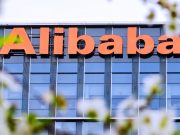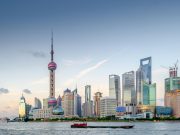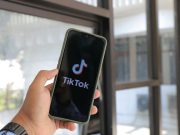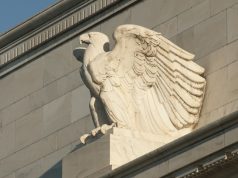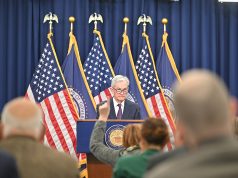(Singapore 5 May 2023)Three days after the “godfather” of AI Geoffrey Hinton called the dangers of AI chatbots “quite scary”, the White House has summoned major tech business leaders.
The tech bosses — including Sundar Pichai of Google, Satya Nadella of Microsoft, and Open AI’s Sam Altmann — were told that they must protect the public from the dangers of Artificial Intelligence, and they had a “moral” duty to safeguard society.
The White House also made it clear that it may regulate the sector further.
Recent AI products like ChatGPT and Bard, have captured the public’s imagination since they offer ordinary users the chance to interact with what is known as “generative AI”, which can summarise information from multiple sources within seconds and debug computer code among other capabilities.
However, their rollout has sparked renewed debate over the role of AI in society.
Geoffrey Hinton’s immediate concern is that the internet will be flooded with false photos, videos and text, and the average person will “not be able to know what is true anymore”.
The 75-year-old British expatriate and AI pioneer has made such remarks after quitting his job as a chief scientist at Google where he worked for more than a decade and became one of the most respected voices in the field.
 He is also worried that AI technologies will in time upend the job market as they could replace paralegals, personal assistants, translators and others who handle rote tasks. “It takes away the drudge work,” he said. “It might take away more than that.”
He is also worried that AI technologies will in time upend the job market as they could replace paralegals, personal assistants, translators and others who handle rote tasks. “It takes away the drudge work,” he said. “It might take away more than that.”
An even worse issue of the technology is that individuals and companies allow AI systems not only to generate their own computer code but actually run that code on their own. And he fears a day when truly autonomous weapons — those killer robots — become reality.
According to a BBC report, technology executives gathered at the White House on Thursday were told it was up to firms to “ensure the safety and security of their products” and were warned that the administration was open to new regulations and legislation to cover artificial intelligence.
But others believe there is a danger of over-regulating – which would give a strategic advantage to tech companies in China.


